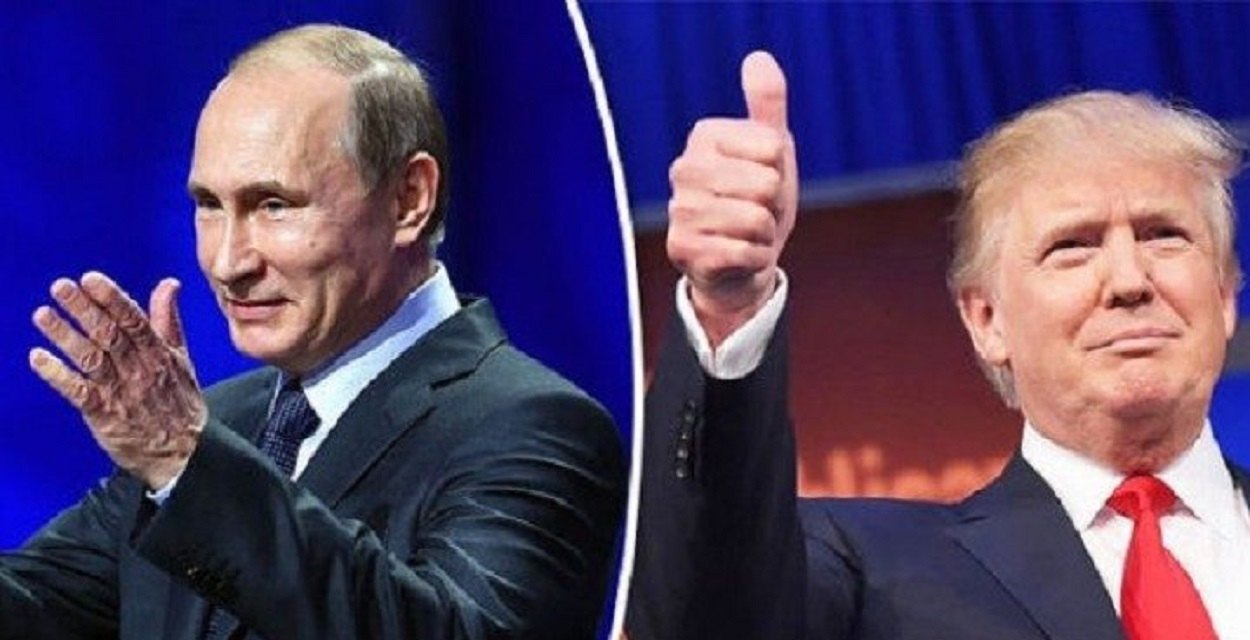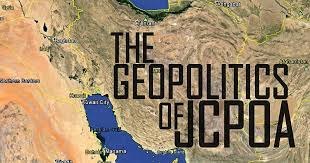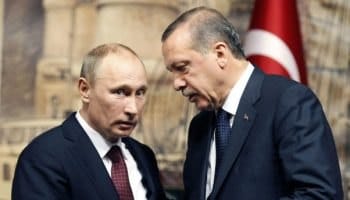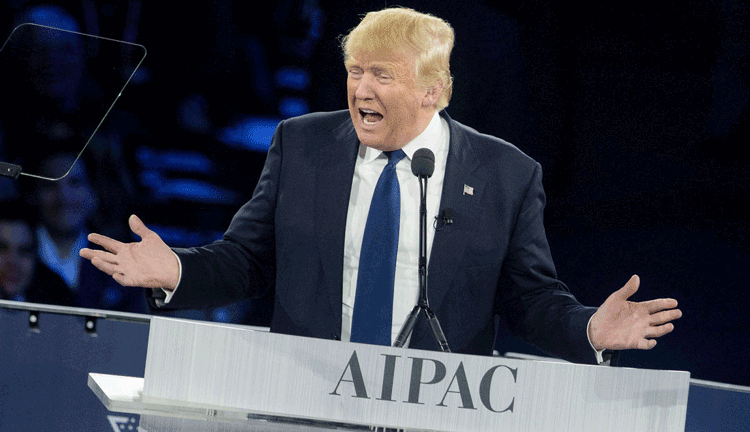Turkey: Rapid Changes and the Future Prospective
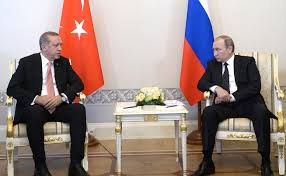
Mohammad Ali Ghasemi
Given the recent developments, Turkey faces different issues both at the domestic and external levels among which the outmost ones are as follows, domestic level: continuous fight against Fatollah Gülen supporters, trying to sue all HDP officials, coping PPK activists along with the attempt to political reform, amending the constitution and convening the referendum thereof; external level: fast friendship with Russia, active presence at the Shanghai Organization, fulfilling the Euphrates Shield operation in Syria and several tensions with the EU, Germany and the USA. All of these developments have made it complicated to evaluate and foresee the future of the country.
Although when the coup d’état was attempted in Turkey in July 2016, different views were raised about its nature, however, at the time being the observers are convinced that it was a real one run under supervision of the military staff close to Fathollah Gülen and his so called Gülen movement. Now the Turkish government is utilizing the extraordinary situation to suppress all suspected affiliates of PKK both at the individual and organizational levels.
The mayors’ arrest and their dismissal have faced different criticisms and it is argued that those elected by the people’s vote, can be dismissed only by the vote mechanism and the government should not interfere. On the opposite, the Turkish President as well as the Prime minister have claimed that being elected by the people cannot and should not lead to assist terrorism or cooperating with terrorist groups.
Recently the Turkish government has adopted some decisions that substitute the law and it has dismissed many of the Kurdish cities’ mayors and has appointed acting governors to some of the cities. Those suspected of supporting the PKK have been expelled from the governmental organizations, especially form the Education ministry.
Both CDP and HDP are insisting on privileges of the parliamentarian system in the country and raise concerns about its substitute with the presidential system that can lead to an uncontrollable situation when Erdogan hold all the power.
Now the MHP party, well-known for its nationalistic views, has taken the role so to institutionalize the current situation.
On the other hand, it is important to note that after the Brexit and negative view of the Italian voters towards the country’s new constitution, the EU is not as attractive as in the past; especially in Turkey, the EU popularity has seen its lowest level.
Active presence of Turkey at the Shanghai Organization and holding chairmanship of the Organization’s energy club – while it is not a member to the Organization and surely this is done with the green light from Russia- can be viewed by Turkey ass an alternative to the EU membership. In fact the EU is located in a far distance from Turkey and has heterogeneous values in comparison with Turkey.
Also we should take into account that the Americans are supporting the PYD in Syrian and they have established military bases in the regions under the party’s control. This has led to the Turkish government’s irritation as it believes that the American weapons have finally appeared in hands of the PKK members.
The Turkish government is concerned of the ethnic composition of the region and more than that deployment of the Kurdish dissidents in Sinjar city. It is believed that a lot of PKK members are residing in this city and they have successfully created some local networks, a fact that the Kurdish autonomous government in Iraq is also unhappy of it.


